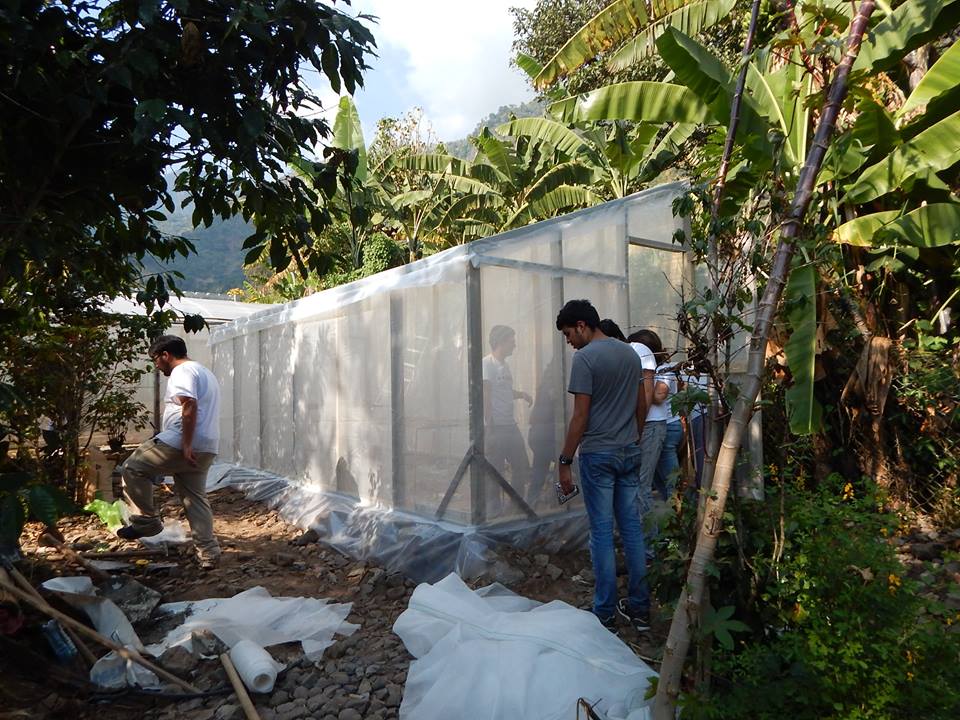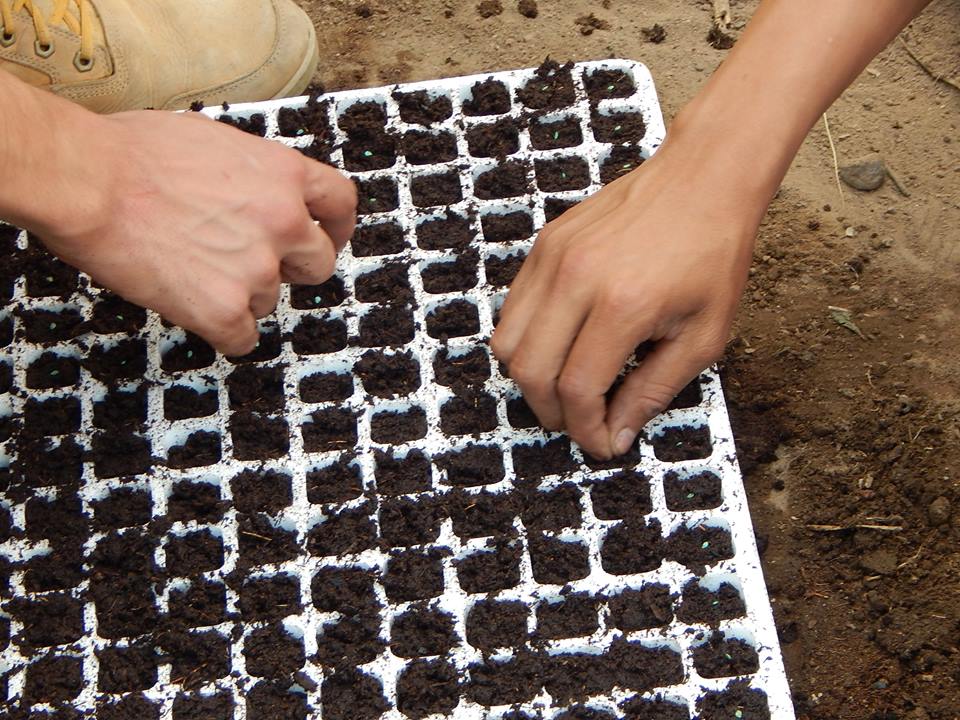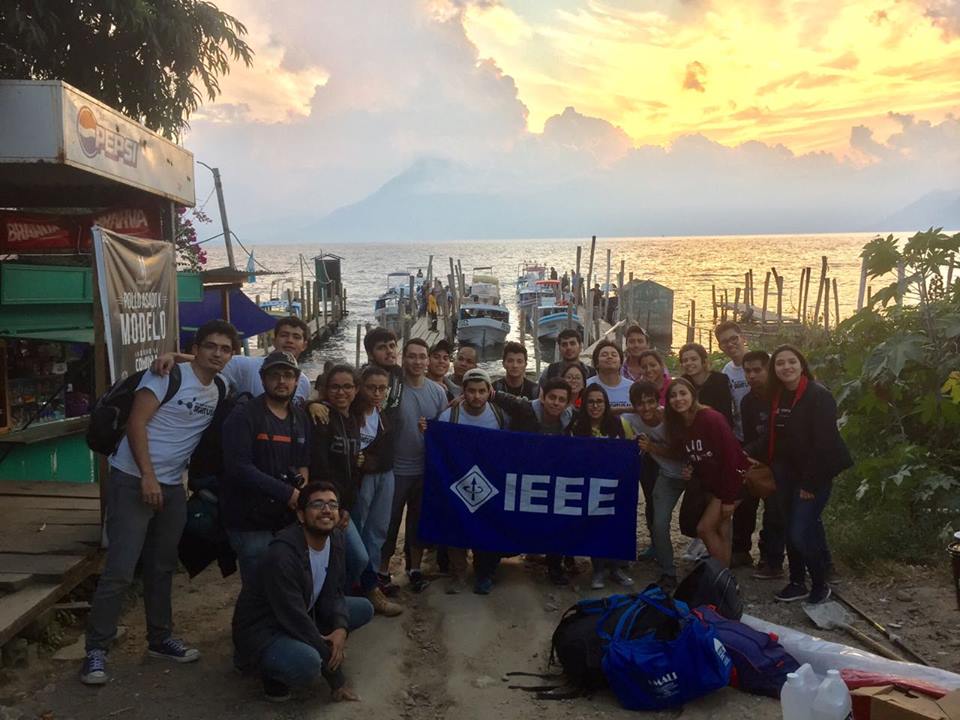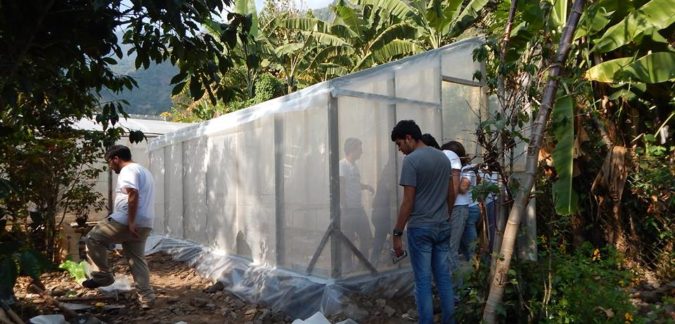Underserved communities often face obstacles everyday that can be overcome with the help of technology. The communities of Tzununá, Pajomel and Chuitzanchaj were all facing a similar issue; tomato plants were growing in the soil but the seeds were not sprouting. The f armers of these communities located in Sololá, Guatemala had to travel to a community called Chimaltenango located 40 km away to transport back the sprouted plants and sometimes even returned with damaged plants. The costs of transportation to these other communities and the transportation of the sprouts took away from any of the profits that the farmers were making. The members of IEEE SIGHT Universidad de San Carlos de Guatemala (USAC) Student Branch came up with a plan to help the members of these communities sprout and grow their crops in a more cost-effective way.
armers of these communities located in Sololá, Guatemala had to travel to a community called Chimaltenango located 40 km away to transport back the sprouted plants and sometimes even returned with damaged plants. The costs of transportation to these other communities and the transportation of the sprouts took away from any of the profits that the farmers were making. The members of IEEE SIGHT Universidad de San Carlos de Guatemala (USAC) Student Branch came up with a plan to help the members of these communities sprout and grow their crops in a more cost-effective way.
SIGHT USAC carried out the Smart Seedbed project on November 24, 25, and 26. The Smart Seedbed project was created to help resolve the need for farmers to travel to another community to purchase sprouted plants by providing a way for the communities to sprout plants themselves. The structure that the IEEE SIGHT group built to sprout the plants is based on the design of a standard greenhouse standing 2.4 meters tall and walled with 6.5 mm UV plastic which allows sunlight to pass through but is also able to eliminate 88% of the sun’s radiation. The walls also have a mesh which prevent outside contamination such as insects from damaging the plants. This thoughtful design was created by the students of the faculty of architecture who are part of the volunteers of SIGHT.

Since agriculture is the main source of income for these communities, the Smart Seedbed was able to improve the overall economy through eliminating the need for expenses spent on transportation of the sprouted plants. Before this project was completed, the communities had to take turns planting as the sprouted plants they were buying were not enough to plant in the three communities. However, now with the Smart Seedbed, they are able to produce 2040 sprouted plants every 38 days. The agronomy students who are part of the SIGHT group also informed the farmers on organic alternatives for pesticides and fertilizers which helped improve the quality of their yield as well. “Thanks to all the people who were part of this amazing experience, I hope this project will be an inspiration, not only in Guatemala, but throughout the world,” said Diego Arias, Chair of SIGHT USAC. With both quantity and quality of their products increased, the economy of the three underserved communities has improved as a result thanks to the SIGHT USAC group.



